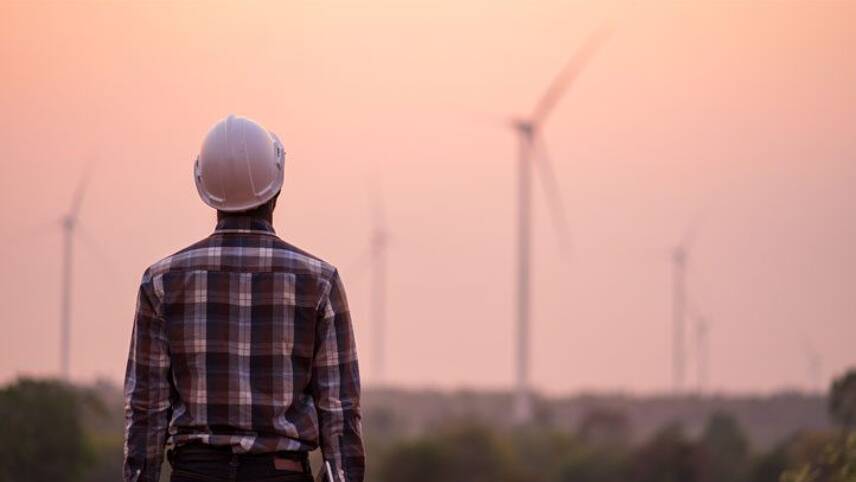Register for free and continue reading
Join our growing army of changemakers and get unlimited access to our premium content

69% of municipalities are concerned by a lack of environmental and climate experts working on development plans
The European Investment Bank (EIB) has released the findings of the 2022 Municipality Survey. Covering 744 municipalities across the European Union (EU), the survey gathers the concerns and priorities of places that account for almost half of public investment across the bloc.
The survey found that city planners are concerned about a lack of funding, regulatory processes bogged down by red tape and a shortage of skilled labour to enable green and digital transitions.
The survey found that 60% of municipalities consider their investments in climate mitigation and adaptation infrastructure to be insufficient over a three-year period. As a result, 60% plan to boost investments in these areas over the next three years.
The survey also found a disparity when it came to developed and less developed regions across the EU. More developed regions plan to invest more in adaptation and mitigation compared to those in less developed regions.
While some funding has been ringfenced for these plans, around 80% of respondents cited a lack of funding, alongside lengthy and unclear regulatory processes, as major obstacles to investment.
The survey warned of an ongoing skills gap. In total, 69% of municipalities are concerned by a lack of environmental and climate experts working on development plans.
EU municipalities are also more likely to invest in digital transformations than climate actions. The survey found that the proportion of municipalities defined as “being ahead in green measures” stands at 27% – far lower than the 45% that are head in digital skills and measures.
The EIB’s chief economist Debora Revoltella said: “As the EIB Municipality Survey reveals, municipalities across Europe face significant investment gaps, particularly in climate change mitigation and adaptation infrastructure. It is crucial for policymakers and stakeholders to address these gaps and prioritise sustainable and resilient investments for a greener and more digital future.
“The persistent lack of skills, including at the municipality level, must be addressed across Europe to enable the adequate implementation of regional and pan-European investment programmes.”
Skills gap
Global demand for green skills has skyrocketed over the past decade, according to major new research from the World Economic Forum.
Globally, green job postings grew nearly twice as fast as the share of green talent between 2022 and 2023.
And firms are not, in the main, willing to hire workers and train them extensively on the job. LinkedIn data shows that typically, 81% of workers who transition into green jobs have at least some green skills or prior green experience.
In the UK, the Climate Change Committee has stated that the net-zero transition can deliver a net-growth for jobs in key sectors, but the Government’s current “hands off” approach risks stifling economic opportunities and clean technology market development.


But HMGs “hands off” approach appears cheaper, and is certainly easier for them; the expertise will not lie in their bailiwick!